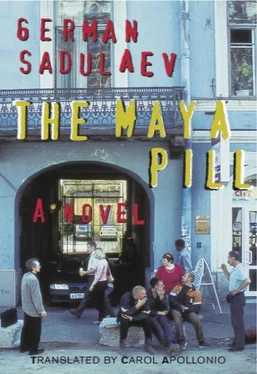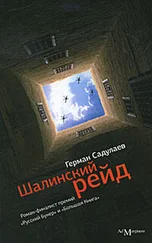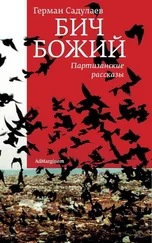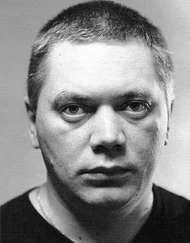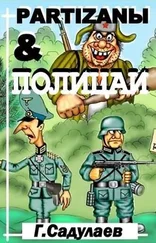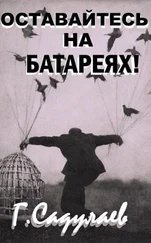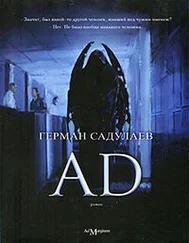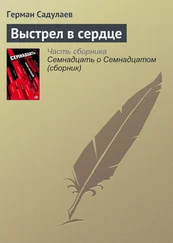The autumn cricket
Has settled in the hall.
It is clear, the year
Is coming to an end…
If today
we are not to make merry,
with the moons the days will pass,
never to return.
But let us not chase
After pleasure;
We must be ever mindful
Of what we owe,
And love merriment
Not to excess:
A man of worth
Must be cautious in his pleasures.
The autumn cricket
Has settled in the hall.
It is clear, the year
Will soon quit us…
If today
we are not to make merry,
With the moons the days will pass
In vain.
But let us not chase
After pleasure;
We must be ever mindful
Of what we have left undone,
And love merriment
Not to excess:
A man of worth
Must be zealous in his labors.
The autumn cricket
Has settled in the hall.
The time has come for the carts
To come from the field to their rest…
If today
We are not to make merry,
With the moons the days
Will pass, leaving no trace.
But let us not chase
After pleasure;
We must be ever mindful
Of many sorrows,
And love merriment
Not to excess:
A man of worth
Must be imperturbable.
Ni Guan added a note of his own: “Comrade Tsin, tonight I have to stay late at work. Comrade Luan assigned me to do a report on the contract with the northern barbarians. Speaking of which, send me the memorandum on the interruptions in the timeframes of deliveries to Russia.”
When she got his message, the girl tapped furiously on her keyboard, and within a couple of minutes the “new mail” icon again flashed on Ni Guan’s screen. Ni Guan opened the message and read:
Swift flies the “Morning Wind” falcon.
Thick grows the northern forest…
Long have I not seen my lord,
And my mournful heart
Is inconsolable.
What can I do?
What can I do?
He has forsaken me;
Will he ever think of me again?
On the mountaintop
The oak spreads its branches,
In the lowland, supple elms…
Long have I not seen
My lord,
And my mournful heart
Is inconsolable.
What can I do?
What can I do?
He has forsaken me;
Will he ever think of me again?
On the mountaintop
The plum branches spread wide,
In the lowland, wild pears…
Long have I not seen
My lord,
And my mournful heart
Is as though intoxicated.
What can I do?
What can I do?
He has forsaken me;
Will he ever think of me again?
No postscripts appeared after this poem from Odes of the Tang Kingdom . Ni Guan again looked over at Tsin. Comrade Tsin was concentrating on a pile of papers on her desk; her cheeks were slightly flushed, her lips protruding sulkily. Everything about her said “You are a heartless, dry old shell of a man, Comrade Ni!” Or, more precisely, “You are like a withered stalk of wild rice standing alone outside the farmhouse gate, his fruit untouched, when the time of harvest has already passed and his brothers’ white grains have been gathered into sturdy barns; he alone will be buried under cold snow, when the twilight of the year gives way to night and a heavy cloud covers the Mountain of Flowers, Huashan.”
Ni Guan heaved a sigh and resumed his work. From the purchasing manager of the Russian company Cold Plus, who went by the name of Maximus Semipyatnitsky (which was some abracadabra!), came one of his typically dull messages, utterly devoid of meaning. They always read as though they’d been written by some computer program. Blatantly false promises to settle their debt; nothing concrete in response to Ni Guan’s request to confirm the amount of product to be delivered according to their contract with the barbarians, which had given them a discount and advance credit.
Comrade Luan, the senior export manager, would be upset. But it had nothing to do with Ni Guan. Comrade Luan knew that it was the barbarians’ fault; it’s always like this with them. But the gurgling stream would flow down from the mountains, would crumble the rocky cliffs, would carve crevasses in the solid stone, and would make its way inexorably out onto the broad plain, where it would spread into a mighty river, bearing abundance to the lands under the vault of heaven.
So too Ni Guan, with every day he spent in the office, with every e-mail he sent, with every telephone call he made to the barbarian cities, with his patient persistence and imperturbability, would eventually bring prosperity to the Chinese people. Even now, thanks to the work of the Tsin-dao Seafood Export Co, Ltd., Ni Guan’s place of employment, and of thousands of other export companies, millions of Chinese peasants had jobs and could feed their families.
They cultivate everything that can be eaten. They even cultivate fish and seafood, like rice. Ni Guan had visited fish plantations and had seen how they worked. Fish hatchlings were kept in cages made of netting and submerged in flooded meadowlands. Standing waist-deep in the water, peasant workers scooped the fish out, sorted them by size, and moved them into larger cages. They sprinkled fish fodder into the water and cleaned out the cages. Then they harvested the fish, cleaned them, and chopped them up into edible portions.
Peasants working on the fish plantation earn twenty yuan a day! Not all that much, of course, compared to what people make in Europe, but people are no longer dying of starvation. And someday the Chinese peasant will earn more than a farmer in America. This will absolutely come to pass; all they have to do is persist in their patient labors, day in and day out.
Ni Guan recalled one of Mao’s sayings, dating from 1956: “Things develop ceaselessly. It is only forty-five years since the Revolution of 1911, but the face of China has completely changed. In another forty-five years, that is, in the year 2001, or the beginning of the twenty-first century, China will have undergone an even greater change. She will have become a powerful socialist industrial country.”
Who can now say that Mao’s prediction has not come to pass? China has entered the third millennium with unprecedented economic growth. True, some naysayers complain that China betrayed socialism in the process. But Ni Guan understood that permitting capitalist economic activity is merely the wisdom of the water, which always finds its path to the sea, even if the river does take an occasional loop and appears to be flowing in the opposite direction. As long as the Communist Party remains in power, the ideals of socialism will never be consigned to oblivion, and world imperialism is deluded if it wants to gloat that it has forced China off the Red Path.
But there was one other important thing besides the implementation of the Chinese Communist Party’s program, besides the great triumph of Chinese civilization: Ni’s own personal struggle. His own private, sacred duty, a secret that no one knew, not his bosses at the company, not even the Executive Committee of his apartment building, which knows everything about everyone.
Ni Guan was scrimping and saving, denying his own needs, putting money away for the sake of his younger brother, to clear a bright future for him.
Yes, Ni had a brother. That very fact was a crime.
A few years after Ni was born in the town of Suifenhe near the Russian border, China proclaimed the “One Family—One Child” policy. From that time on, any second child would be considered illegitimate. Only in rural villages were people permitted to have two children, and only if the first one was a girl. But the first child in the Guan family was a boy, Ni, and so they could not justify a second, even if they were to move out into the country.
When Ni’s mother became pregnant again, a dark shadow fell over the family. For breaking the law his parents could be punished and demoted at work, and his father could be kicked out of the Party. But his mother refused to have an abortion. She went away to stay with her relatives in a distant province for several months. Ni’s brother was born there and there he remained. They named him Kung, in honor of the great Kung-Fu Tzu. [12] “Teacher of Perfection.” Europeans pronounce his name “Confucius.”
His mother returned home alone, as though nothing had happened. The apartment building’s Executive Committee may have guessed the truth, but they didn’t know for sure, and so there were no consequences.
Читать дальше
